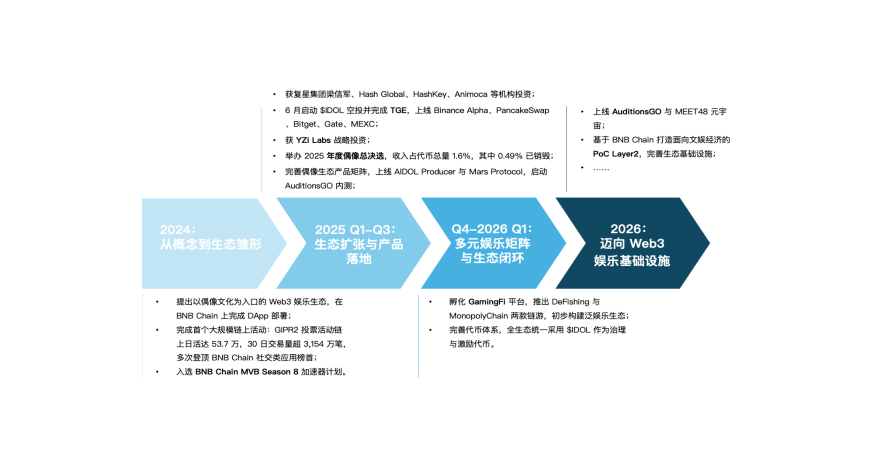Shelton's Gold Push Could Reshape Fed's Future and Test Dollar's Dominance
- Judy Shelton's Fed nomination could push U.S. monetary policy toward gold-linked systems, boosting gold demand and challenging fiat currency dominance. - Her controversial "unorthodox" views and Trump's attacks on Fed independence risk market volatility and undermine central bank credibility. - Trump's threats to remove Fed officials and impose political control raise concerns about policy efficiency and inflation management amid China tariffs. - Shelton's confirmation hearing on September 4 and Powell's
Judy Shelton’s nomination for a position on the Federal Reserve Board has drawn significant attention from financial markets and analysts, especially as the hearing is scheduled for September 4 at 10 p.m. 东八区. The potential appointment of Shelton, a vocal advocate for a return to sound money principles, including a gold-linked monetary system, has sparked speculation about possible shifts in U.S. monetary policy and their effects on precious metals markets. Shelton’s long-standing support for gold-convertible financial instruments, such as 50-year Treasury bonds redeemable in gold, could influence investor behavior and increase demand for gold, given the U.S. government’s significant gold reserves. If implemented, such policies might enhance gold’s role in the U.S. financial system and reinforce its status as a hedge against the devaluation of fiat currencies [1].
Shelton’s nomination has not been without controversy. Her previous failed 2020 bid for a Fed board seat highlighted concerns over her “unorthodox” views, including her comparison of the Fed to Soviet-style planning. This history suggests potential resistance from the Senate, which could impact the market’s reception of her nomination. If confirmed, Shelton’s influence might lead to greater fiscal discipline by tying U.S. debt to gold reserves, potentially reducing the need for excessive money creation and bolstering global confidence in the U.S. financial system. However, any uncertainty surrounding her confirmation could lead to market volatility, as witnessed during her earlier failed nomination attempt [1].
In parallel, U.S. President Donald Trump’s recent escalation of attacks on the Federal Reserve has raised concerns about the independence of the central bank. His attempt to remove Federal Reserve Governor Lisa Cook over unproven mortgage fraud allegations underscores a broader push to exert control over monetary policy. This move has sent ripples through financial markets, with both the U.S. dollar and long-dated treasuries falling in response. Trump’s public frustration with the Fed’s slow rate-cutting strategy is part of a larger narrative aimed at shaping the Fed’s future, potentially through the appointment of more aligned nominees, including Shelton. The Fed’s current chair, Jerome Powell, is expected to step down by May 2026, creating a pivotal opportunity for reshaping the central bank’s direction [2].
The Federal Reserve’s independence is a cornerstone of U.S. economic policy, ensuring that monetary decisions are made without political interference. Trump’s aggressive tactics, including threats to remove Fed officials and challenge official data, could undermine this independence and introduce greater uncertainty into financial markets. Karsten Junius, chief economist at Bank J Safra Sarasin, has warned that such interference could reduce the efficiency and credibility of monetary policy, complicating efforts to manage inflation and stabilizing long-term borrowing costs for the U.S. government. These risks are particularly acute in light of Trump’s broader economic agenda, including new tariffs on China, which have already raised concerns about inflationary pressures and their impact on monetary policy decisions [2].
As the political landscape around the Federal Reserve continues to evolve, market participants are closely monitoring developments. The upcoming hearing for Judy Shelton will be a key moment, offering insight into her potential influence on U.S. monetary policy and the direction of the Fed. If confirmed, her proposals could lead to a reevaluation of gold’s market price and reinforce its role in the U.S. financial system. However, the broader implications of Trump’s challenges to the Fed’s independence remain a pressing concern for both policymakers and investors. With the Fed’s next meeting on the horizon and the potential for significant leadership changes, the coming months will be critical in determining the trajectory of U.S. monetary policy and its impact on global financial markets [1].
Source:

Disclaimer: The content of this article solely reflects the author's opinion and does not represent the platform in any capacity. This article is not intended to serve as a reference for making investment decisions.
You may also like
Mars Morning News | Michael Saylor calls: Buy Bitcoin now
Trump Media & Technology Group’s Q3 losses widened to $54.8 million, and it holds substantial amounts of bitcoin and CRO tokens; US consumer confidence has fallen to a historic low; a whale bought the dip in ZEC and made a profit; a bitcoin whale transferred assets; Michael Saylor called for buying bitcoin; the Federal Reserve may initiate bond purchases. Summary generated by Mars AI. The accuracy and completeness of this content is still being iteratively updated by the Mars AI model.

MEET48: From Star-Making Factory to On-Chain Netflix — How AIUGC and Web3 Are Reshaping the Entertainment Economy
Web3 entertainment is moving from the retreat of the bubble to a moment of restart. Projects represented by MEET48 are reshaping content production and value distribution paradigms through the integration of AI, Web3, and UGC technologies. They are building sustainable token economies, evolving from applications to infrastructure, aiming to become the "Netflix on-chain" and driving large-scale adoption of Web3 entertainment.

Digital Euro: Italy Advocates for a Gradual Implementation

Ethereum Validator Queues Surge as 2.45M ETH Sits in Exit Line
